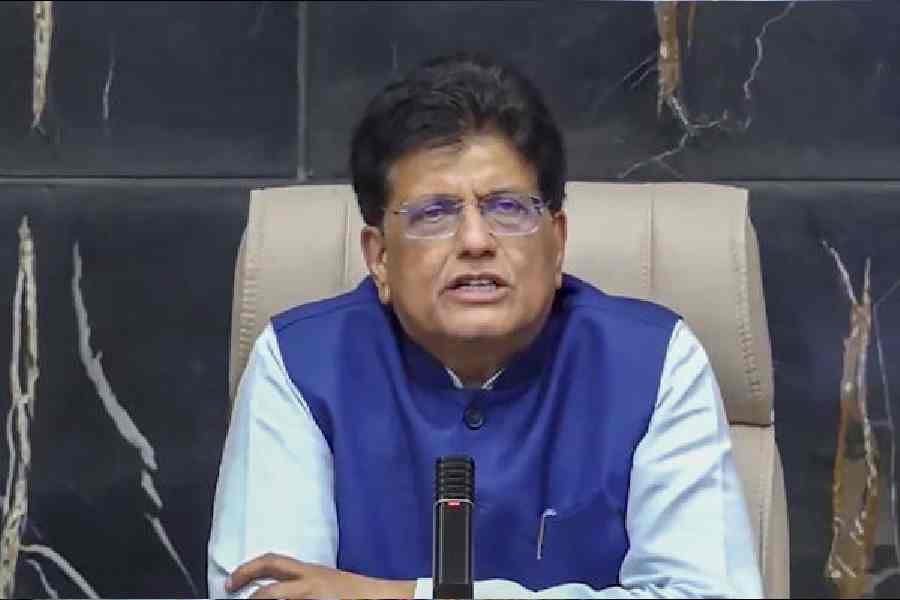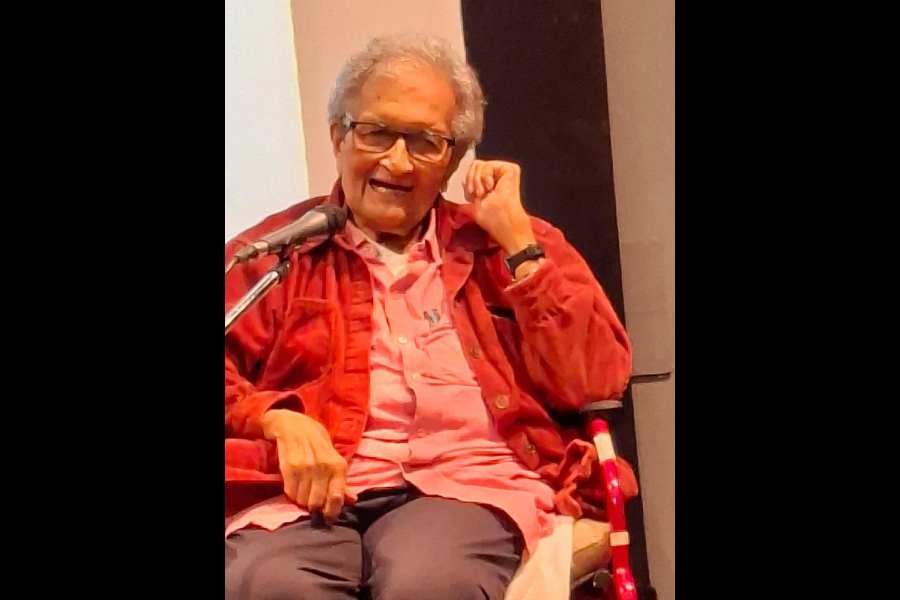
When a couple has an inter-faith marriage, as did Malaika Arora and Arbaaz Khan, 18 years ago, there's the tendency to bend over backwards to accommodate the wishes of family members and relatives. It generally leads to a string of ceremonies conducted in various religious styles - saat pheras, church wedding, nikah, civil marriage, et al - in an effort to please all.
Malaika and Arbaaz too, went through that routine. Although the product of a Hindu-Christian marriage, Malaika was brought up by her mother Joyce and her family, as a church-going Catholic. Arora, her Punjabi-Hindu father, had divorced Joyce and was not a dominant factor in their lives.
So when Malaika fell in love with Arbaaz, Joyce's Christian beliefs surfaced. "You must have a Church wedding," was something Malaika had been weaned on and she'd always dreamt of a white wedding gown (fashion designer Wendell Rodricks turned that into a reality for her in 1998). Arbaaz was sporting about it and gallantly told his bride, "How can I not let you have your dream wedding?" Led by dad Salim Khan, the Khans togged up in formal suits and turned up for the church wedding where they constantly ribbed Arbaaz and called him "Albert D'Souza".
Joyce was appeased but she wondered why Malaika had to go through a nikah as well. That's what happens with religious ceremonies: multi-trips must be made to the altar to make it inclusive. Malaika herself had no problem with it and was game to say, qubul, qubul, qubul , as required by the bridegroom's faith. Funnily, her biggest dread was that she'd have to change her name to Meherunissa for the Muslim wedding. Decades ago, her mother-in-law, Arbaaz's mother, had converted herself from Susheela Charak to Salma Khan, to marry Salim. But Malaika was relieved when the Muslim priest announced that Malika (not Malaika) was acceptable in Islam, so she did not have to change her name. Imagine Meherunissa Arora Khan dancing to Munni badnaam huyi!
Anyway, that was 18 years ago.
The question is, after a couple has had many marriage ceremonies, which law prevails when there's a divorce? Since the rules vary from six months' separation to triple talaq depending on which personal law is applicable, does a couple consider this when agreeing to a series of ceremonies? It's not negative to give divorce a thought at the time of marriage. It's like a pragmatic pre-nup which can buffer one from ugly surprises if a marriage turns sour.
When asked about this at a ladies' meeting, lawyer Mrunalini Deshmukh, who has handled most high-profile divorce cases in Mumbai, said it was a very interesting question. Most people were unaware that the first ceremony one goes through is the one that is considered valid even during a divorce. Therefore, if a couple opts for a church wedding plus nikah plus civil marriage, whichever ceremony is conducted first should ideally be the law under which the divorce is sought. So if Malaika and Arbaaz had a church wedding first and then the nikah, a triple talaq won't suffice. The divorce would have to be under the personal law of Christians. Or vice versa. Of course, this is merely a case study in legalities - it will be entirely up to Malaika and Arbaaz to go their separate ways in the manner that suits them best. And as they've requested privacy (as do all couples these days), nobody's going to poke their nose into the nitty-gritty of their divorce.
Aamir Khan also took the legal route when Reena Dutta and he divorced. "It didn't strike me to do it any other way," he once mused aloud. It never crossed his mind to opt for a triple talaq. But legally speaking, since Reena and he did not have a religious nikah, a talaq would not have been the appropriate option. Aamir wed Kiran Rao too, the same way - no religious ceremonies, they had a civil marriage.
Marriage and divorce reminds one of Hrithik Roshan. It's rather strange that Hrithik of all people should have a legal notice slapped on him by someone (Abraham Mathai) from a minorities commission for "hurting the sentiments" of Christians. All because of a tweet where he said it would have been more plausible to have had an affair with the Pope than with any of the women the media was linking him with.
Interestingly, when Hrithik wed Sussanne Khan way back in 2000, this is how he had described his wedding. "We did our own thing. We had neither a Hindu wedding nor a nikah. Actually both of us had always wanted a church wedding. Church weddings just look so lovely, so short and sweet. We had something close to that in Bangalore... The bridge acted like an aisle for us. We walked down the entire stretch, went to the centre of the pool, stood there, took our vows and signed the register. It was even better than a church wedding. It was so special, so different."
And today, Rizwan Siddique, also known as Kangana Ranaut's lawyer, sends a notice (on behalf of Mathai) to this actor for hurting "Christian sentiments"? Oh, come on. Go tell that to the Pope.
Bharathi S. Pradhan is a senior journalist and author










